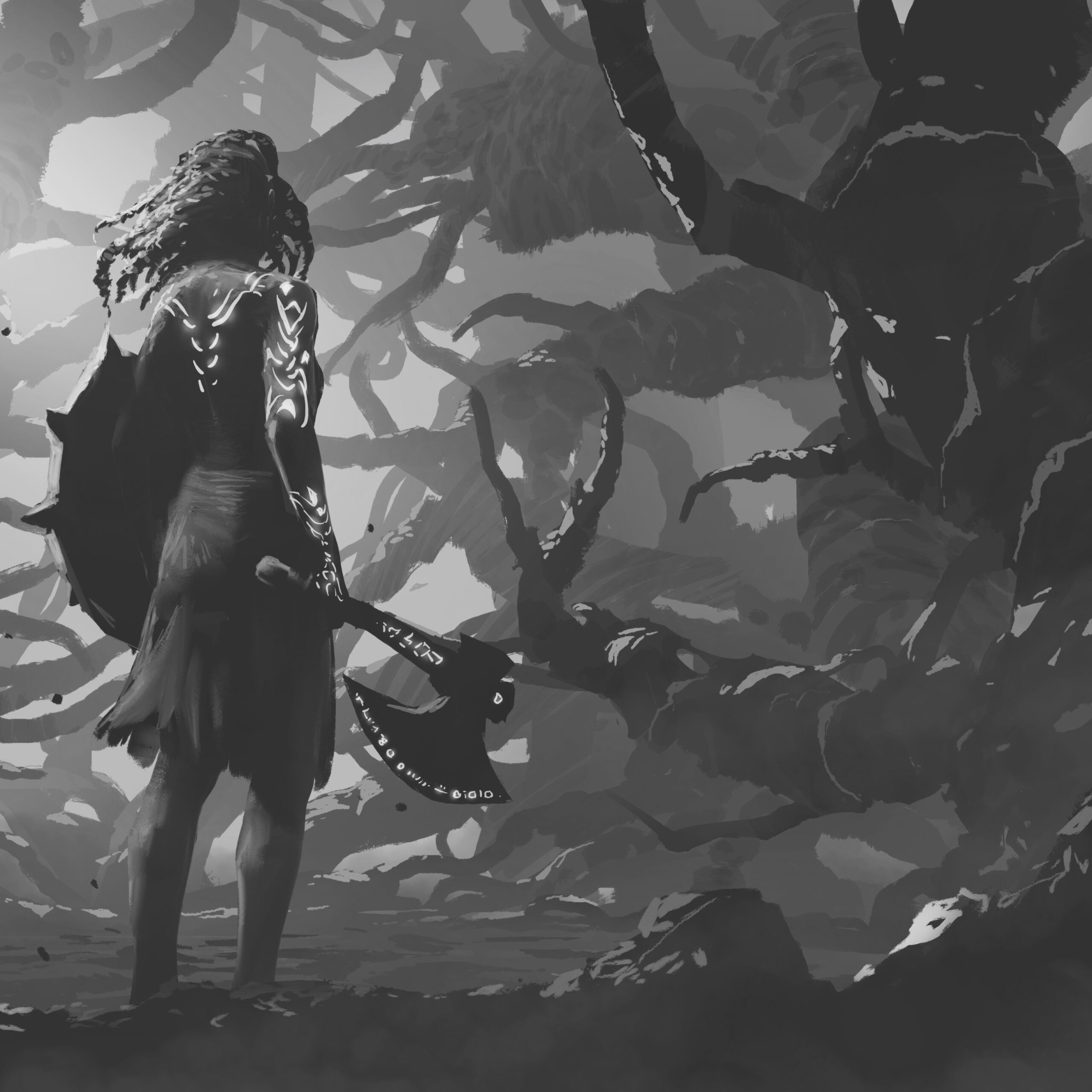Joyce Carol Oates v. Elon Musk: A battle for our times

Who would have imagined that a battle for our times is playing out in a social media pissing match between Joyce Carol Oates and Elon Musk?
Oates trolled the X-Boy on his own platform, charging him with appearing so impoverished of culture, joy, or appreciation of humanity that he must be among the poorest people on Earth. Clearly, the Author of 56 Books (dear God!) struck the Trillionaire’s nerve. He responded as he always does, by flinging insults back in return. Then the Rocket Baby followed up by posting a list of his favorite books, as if to say, See? I read!
I understand Oates is no angel herself. But for me, in this moment, she’s championing an angelic cause. And in that corner, Alfred E. Muskman champions hollowing the soul of America.
At its base, this fight is not political. It’s much more than that. It’s cultural. It’s societal. This is a battle of arts and humanities versus STEM. Of human spirit versus technology. Of caring versus calculating.
It’s a battle that should have been waged 30 years ago.
Even in the 1990s, it should have been obvious to most of us that an education policy greatly expanding emphasis on science, technology, engineering, and mathematics education was—by zero-sum theory applied to school staffing, resources, and classroom time—a de-emphasis of arts, humanities, and social sciences.
Yes, at the time, we needed boosts in science, technology, engineering, and math education. But going into the 21st century, the balance was completely thrown. Arts and humanities were not just gutted, but devalued. Parents and students were told those fields weren’t important.
By the 2000s, colleges and universities got expanded student, research, and employer interest in tech and other practical programs. Meanwhile, liberal arts education, once the foundation of all higher education, got mocked as a thumb-and-index-finger-held-to-the-forehead loser.
Universally lessened was exposure to explorations and expressions of the human condition, through art, literature, classical studies, history, philosophy, sociology, macroeconomics, and psychology. Broad education got dismissed as too inefficient, too limited in value within the “real world” marketplace of jobs. And so, it became undesirable.
Today we have an American society that, net, appears far less caring, far less empathetic, and far less able to understand, appreciate, or value the expansiveness and fine nuance of the human spirit. At least it appears far less than our times now require for happy coexistence within our wildly diverse nation of 340 million people. Equally disconcerting, critical thinking seems now all too-rare a skill, perhaps because too many thinkers lack broad perspective and deep context.
Coincidence?
Anymore, mathematical efficiency is what matters.
No one ever asked why.
Except for Oates, and others like her who’ve been on the front lines for years. Now they are leading a counterattack on STEM, or at least on STEM’s poster-child demon spokesman, the Cyberdork.
Finally.